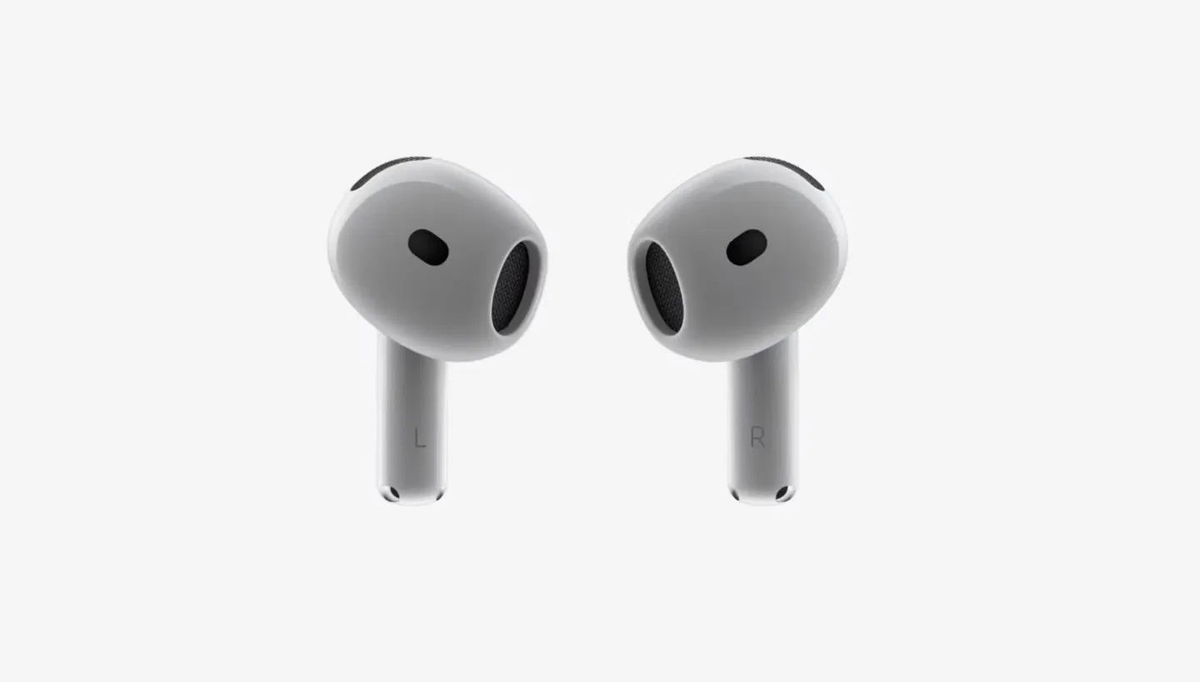although the area nutritional genomics It is still being explored, moving fairly quickly, as supported by growing awareness of the impact of diet on human health and diet’s potential to minimize the risk of developing various diseases, including diabetes, cardiovascular, chronic respiratory. and oncological diseases.
The relationship between genes and nutrients
since its launch Human Genome Project In the 1990s and subsequent mapping of human DNA sequencing, nutrigenomics is growing with the potential to lay the foundations for tailor-made nutritional approaches.
Food intake affects our genes as well as how we are affected by them. Just as nutrition can affect how genes are expressed and even lead to changes in phenotype, the body’s ability to assimilate nutrients and use them effectively can vary widely between individuals.
The interaction between nutrition, metabolism and genetic expression is essential for maintaining body homeostasis. Genetic variation is the main basis for individual variation in diet.
How does nutrigenomics work?
A nutritional science is the study of how genes and diet (nutrients) interact. It is one of the applications of genomics that deals with the study of the effect of nutrition on metabolic pathways and gene expression, revolving around understanding the interaction between genomes and nutrients at the molecular level to determine how certain nutrients and diet can affect human health. .
Genetic variables predict how an individual’s body will respond to certain nutrients. For example, variables FTO gene It directly affects your metabolism, energy expenditure and energy balance, as well as your weight management. variants FTO gene determine how your body will metabolize carbohydrates, fats, and proteins.
Knowing this, it is possible – with the help of a professional nutritionist – to choose a nutrition plan that suits your genetics. Nutrigenomic test results help make dietary decisions more accurate over time.
what are the health benefits
For some people, diet can be a major risk factor for various diseases, such as diabetes or cardiovascular disease. A nutritional science It allows you to identify which parts of your diet affect your health and can reduce your risk of developing such diseases.
Nutrigenomic testing helps people make dietary decisions for a better quality of life because your genetic variant, for example, can show you more likely to develop high blood pressure or cholesterol, so you can reduce your sodium and saturated fat intake.
A nutritional science It can’t eliminate all tried diets, exercises, and supplement routines, but the benefit is that it offers a more targeted approach to determining what steps you can take to feel better.
Many scientists hope that in the future some types of diseases will be treated with nutritional planning based on individual genome information.
As part of an integrative nutritional approach, nutrigenomics can shed light on questions that a simple health history cannot – from predispositions to heart disease to why a person does not lose weight despite clearly trying everything else.
While extensive research has been done in the field of nutrigenomics, it is still an area in its infancy, which means there is much to learn.
Source: Tec Mundo
I’m Blaine Morgan, an experienced journalist and writer with over 8 years of experience in the tech industry. My expertise lies in writing about technology news and trends, covering everything from cutting-edge gadgets to emerging software developments. I’ve written for several leading publications including Gadget Onus where I am an author.













